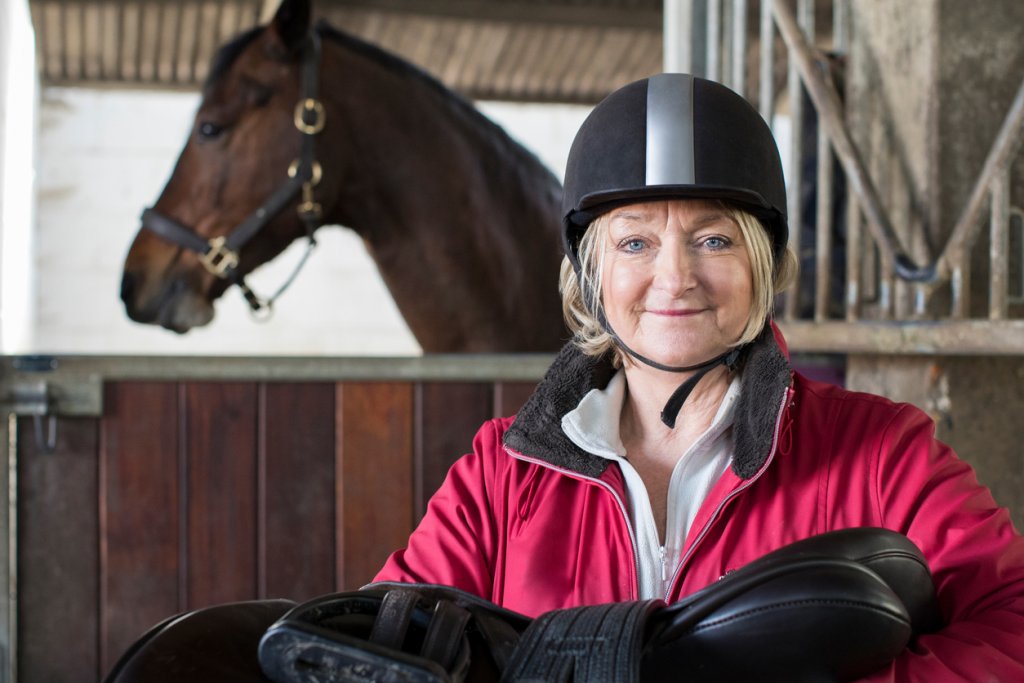I recently wrote about factors to consider before retiring in a special two-part series on being satisfied with, and making the best of your retirement. So now is the time to ask yourself about the other side of that coin: once you have made the jump into, what do you need to consider in order to be happy in your retirement?
I’m sure you know people who retire to promptly become miserable or die of health related issues. There are a lot of hours in the day to fill when work goes away – for better and for worse. No less the potential to no longer feel valued as a productive citizen. A plan is in order to ensure longevity of desire, as well as time.
Here are five considerations which will lead to happiness and contentment in your retirement years:
1. Work
This sounds crazy because you just retired, but many retirees decide to continue to work, albeit usually with reduced hours. Work can vary from:
-
- Contracting in the same line of work from which you retired
- Pursuing a passion different from your earlier career work, for example, working in an art gallery if art is your passion
- Doing ‘freelance’ work for someone, like ReServe. ReServe matches ‘over 50+’ talent with the needs of government and social services agencies to help fill gaps, like support for Strategic Planning, foundation outreach, administrative support, event planning, IT administration and so much more.
[Read: ReServe Brochure for more infos.]
The fulfillment that comes from staying intellectually active and relevant can be significant in how happy you are in retirement.
2. Give Back
Dr. Christine Carter with the Greater Good Science Center reports that doing something nice for someone else actually benefits our health. Volunteers report feeling a ‘helpers high,’ including feeling strong, more energetic, calmer, less depressed and even an increased sense of self-worth. Part of her study showed that those over 55 years old who volunteered for two or more organizations reduced their chance of dying by an impressive 44% – almost as beneficial as quitting smoking.

There are many initiatives that help match retirees to opportunities to volunteer and/or work in the social sector. Marc Freedman, a thought leader on second half of life issues, says this on his organization website: “We believe that older adults are one of society’s most undervalued resources. We believe in the need for purpose and connection at every stage of life. We believe society needs new roles for older people to do what they do best – mentor and guide the next generation.”
Encore.org and Reserve are two nationwide organizations, which facilitate this matchmaking and there may be local versions of these groups in your city. For example, in Austin, Leadership Austin has developed a pilot program to place ‘Fellows’ (retirees) with ‘Host organizations’ (nonprofits) to work on critical and significant projects part-time and for a small stipend.
Giving back in this way may be paid work or unpaid volunteerism. But in either case, can represent a great opportunity to stay engaged and active in a very meaningful way.
3. Learn Something New
As we age, it is particularly helpful for brain health to create new synapses by learning new skills or trying new things. I have retired friends who are learning new games such as mah jongg, canasta or bridge, which not only promotes brain health but is also social, another important aspect of aging well. Learning something new could also be more physical such as learning to ballroom dance, bowl or play golf. Continuous learning is our friend in a happy retirement.
[READ: 21 Tips for Staying Active After 50]
4. Be Active
Activity, both physical and mental, is vital to aging well.
Physical

Current guidelines suggest one should get a minimum of 150 minutes per week, or just over 21 minutes per day, of moderately intensive physical activity. Typical exercise might be golf, swimming or walking but gardening or housekeeping is valuable as well. And don’t hesitate to tackle more strenuous activity (with your physician’s approval) such as skiing, running, biking or other sports.
Mental
Even if you are not learning something new, mental exercise such as assembling jigsaw puzzles, doing crossword puzzles, playing other games or even reading are all important to mental health. There are also new on-line games such as Lumosity that promote brain activity and may be helpful to mental acuity.
5. Socialization
Read any study on maintaining a healthy lifestyle as a retiree and ranked among the top factors is retaining our social networks and friendships. It is a period of life that can lead to social isolation but which can be overcome by intentionally staying connected.
[READ: Staying Connected to Nature is One Secret to Happiness]

In addition, as we age we lose many of our loved ones and friends. My parents, at 96 and 98 respectively when they died, had effectively lost all of their contemporaries but had fortunately broadened their social network to include friends much younger so they were still able to stay very socially active.
I am convinced that despite potential physical deterioration as we age, we can stay happy in our later years by intentionally tending to the five points in this article.







